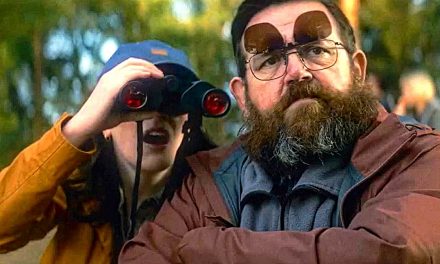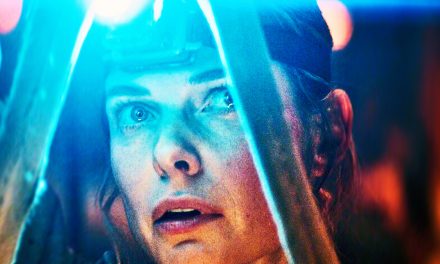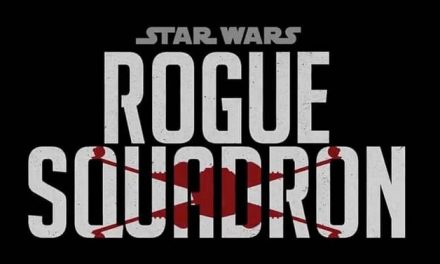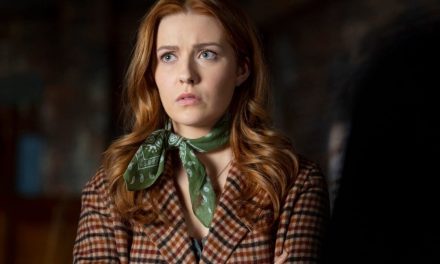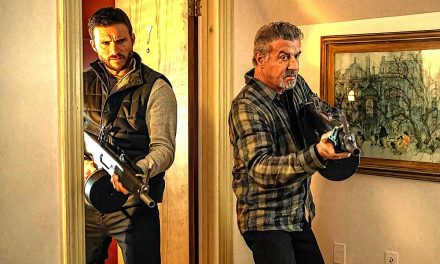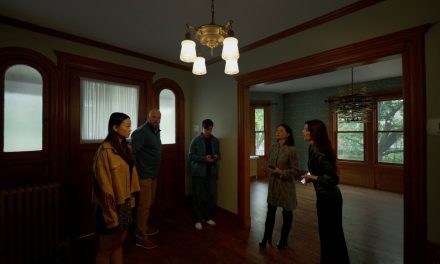
The Last Ronin movie review : a cinephile’s dream come true
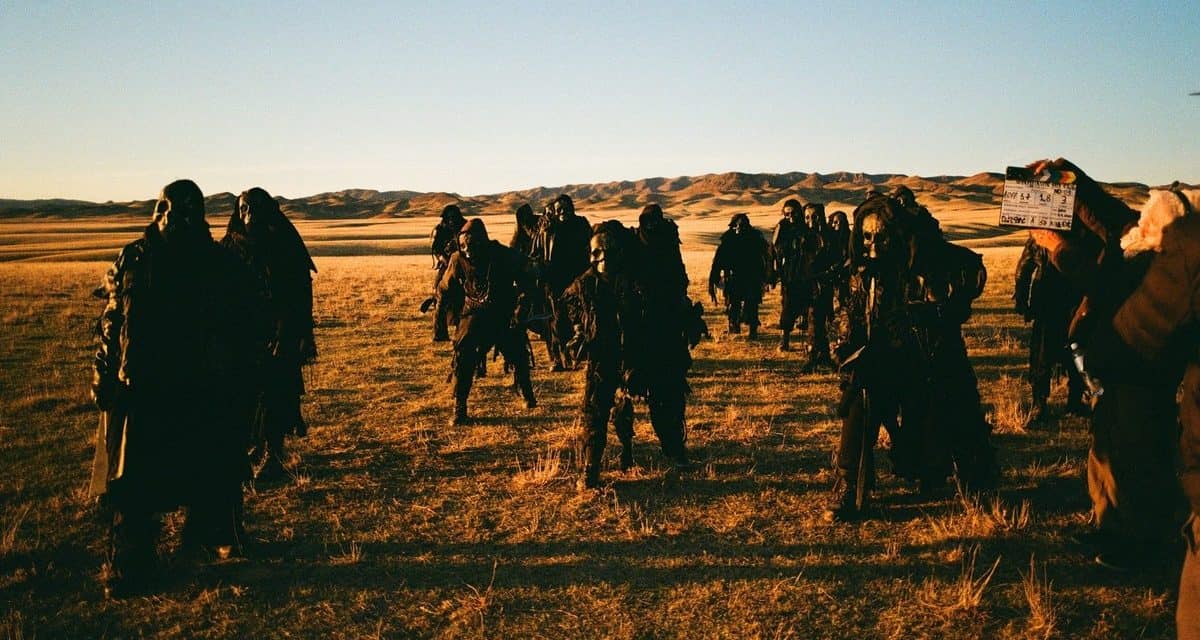
A prank that went too far; an innocent dream that turned into a monumental idea; a cinephile obsession, compiled with cinematic reality: the Last Ronin has been called everything by both the audience and the director of the film himself, Max Shishkin, a well-known Russian clipmaker who redeployed to the cinema. The development of his full meter was followed by many people: both artists and ordinary citizens who dream about the upgrade of domestic culture of the twenty-first century. And this is indeed a precedent: a very risky and Americanized concept comes out right under the New Year’s rental, next to the most venerable and high-budget tales that intend to rip off in cinemas the next kushche. What deserves attention directly The Last Ronin , which will premiere on December 26th?
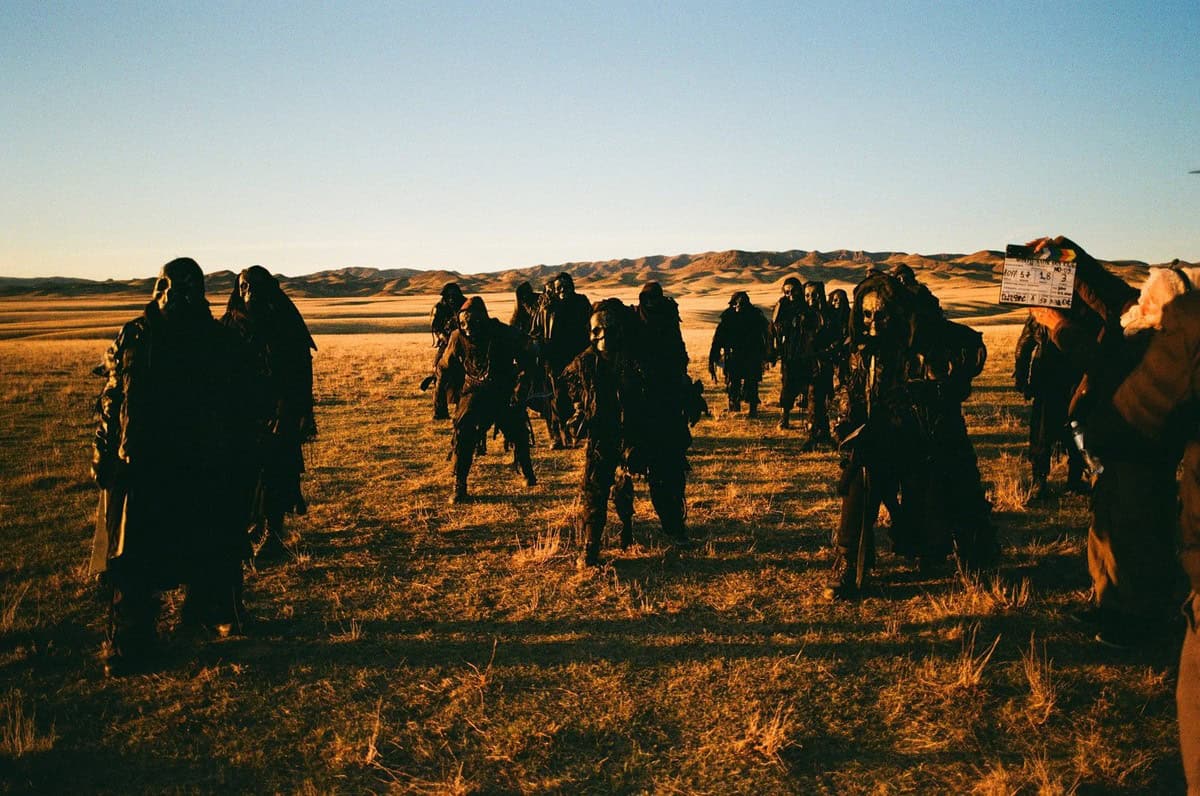
The actions of the tape, as befits the genre, take place in a post-apocalyptic reality: here, a century after the climatic catastrophe and the ensuing nuclear war, on the scorched wasteland wanders a lonely ronin (Yuri Kolokolnikov), who spent all the conscious years of life to avenge the murder of his native and beloved father. But Ronin will not travel the cinematic path alone: a teenage girl named Maria (Diana Yenakaeva, who has already shone in the recent Crime and Punishment) turns to him for help. The traveler must lead her to a certain wall where Masha intends to avenge her difficult childhood on her biological father
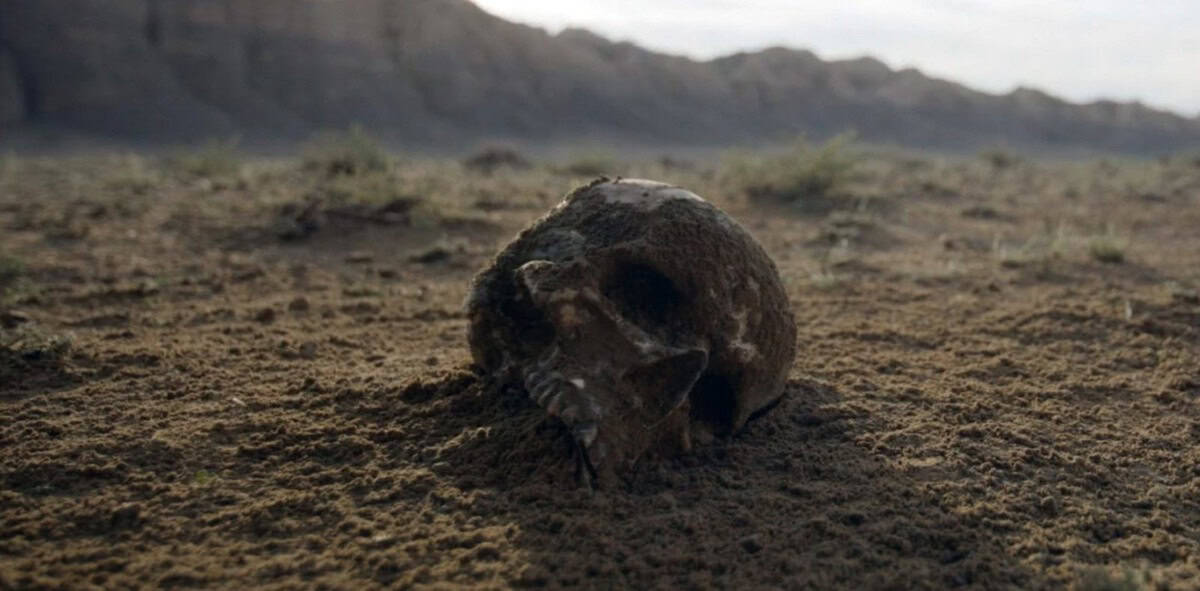
The Last Ronin takes the duo of our heroes through a series of various dangers that come at us in gradual waves: here Ronin and Maria encounter a cult of religious cannibals, the next moment they run away from a group of desert bandits, and at the very end they meet the king of the scorched lands himself (his role here went to Dana Vorobyov). All attributes of post-apocalyptic genre, as it is supposed to be, are in place: an open location, the life from which disappeared like humanity, the duo of a frowning hunter and a young girl, on whose defense he stands up like a real samurai, the fight with the despotic ruler of the new world, that at his own will terrorizes the little people. The Last Ronin is literally a compilation of all the inherent genre stamps that bore Western viewers a decade ago
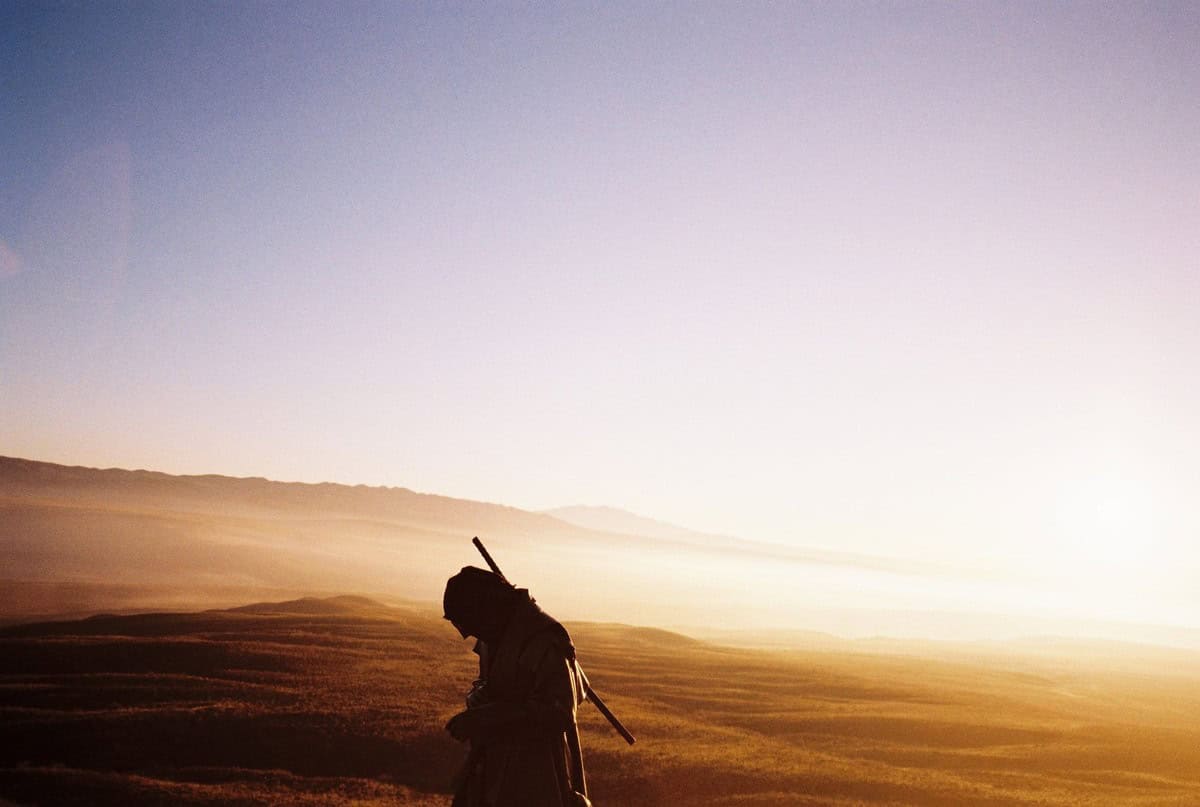
But not only post-apocalyptic dramas or thrillers like The Terminator, Mad Max, The Book of Eli and John Hillcoat’s The Road, Max refers to: as a sparkling fan of action movies, the director has packed his film with an unimaginable number of references, homages and references to his favorite projects. Eye-open and observant viewer will be able to catch if not everything, then a good half of it for sure: corridor fight from Oldboy, a look at Akira Kurosawa’s Jidaigeki, mise-en-scene cosplaying John Ford’s Seekers, mad and sarcastic antagonist, all his appearance (and throne) reminiscent of the randomly selected Targaryen from Game of Thrones or House of the Dragon, the desert atmosphere of Dune, the relationship between an elderly mercenary and a young girl originating from Leon or The Last of Us, the soundtrack reminiscent of Cliff Martinez’s compositions from Nicolas Winding Refn’s films. Max Shishkin does not even think of hiding his true love for movies: this work is his love letter to a whole cell of culture that has managed to occupy an almost dominant place in it
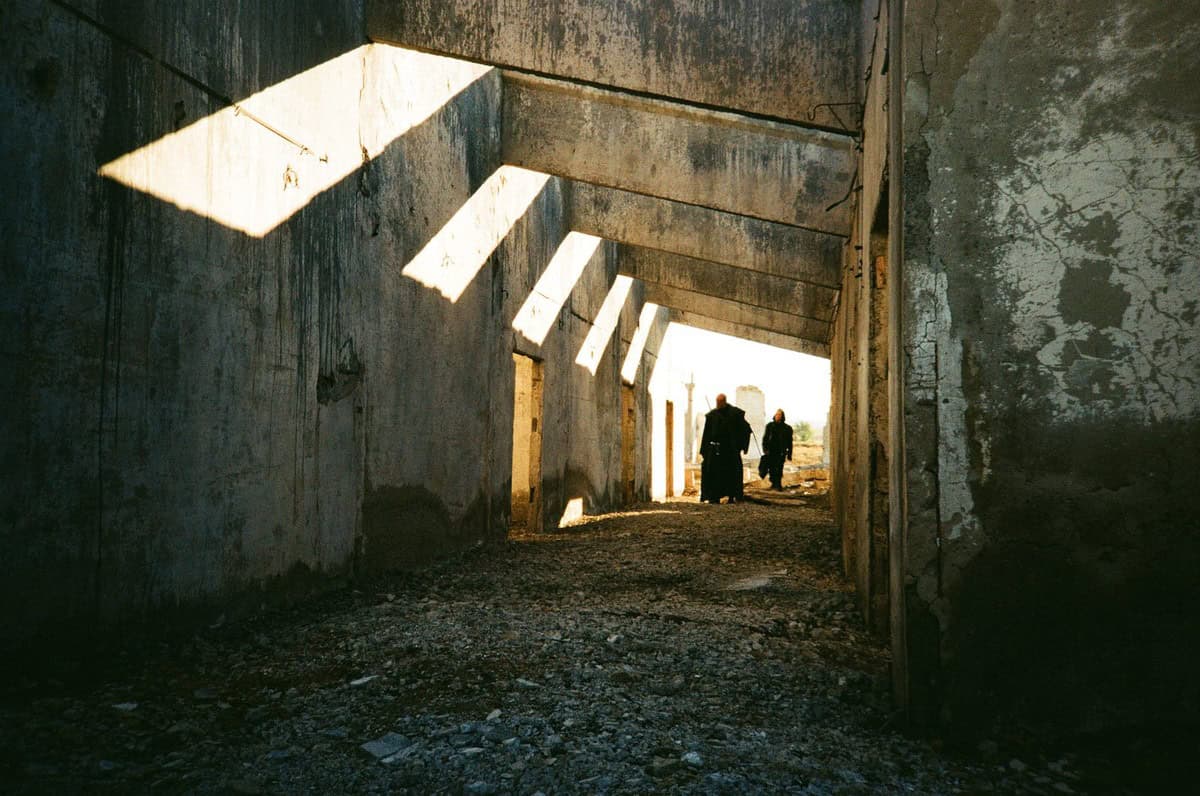
But cultural erudition has never offset the meager dramaturgy and script: The Last Ronin seems like a set of hastily assembled references rather than a complete and individual movie. Pathos dialogues, which make your ears wither even at the beginning of the movie, and ultra-serious mood of the plot look so foreign in the modern industry that they create a barrier dissonance for the final impressions. There is no question of any disclosure of the screen duo’s relationship: the author simply does not have time to work out their characters, so the climax of the film does not work to its full potential

But what Shishkin has definitely coped with, if not flawlessly, then very well – the visual side of his brainchild. The Last Ronin is imbued with the author’s love of cinema and brings all his ambitions to the big screens in an epathetic and daring handwriting: ultra-bloody action scenes explode the imagination with choreography that is rare for today, giving each physical fight the effect of if not realism, then memorability for sure. Building mise-en-scene, amazing compositional selection, the use of various color corrections, filming on location, focusing on the actor’s faces: and in The Last Ronin, for once for the domestic industry, everything is fine with sound design. The music in the tape does not interrupt the characters half a word: although, given such an implausible and ultra-pompous dialog, it does not add to the piggy bank to the tape of additional points
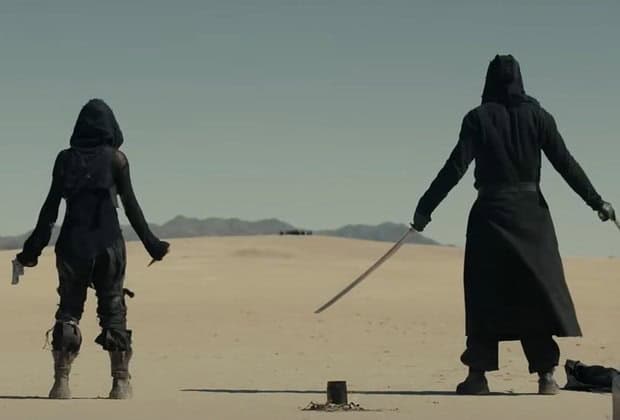
First of all, it should be remembered that Max Shishkin is only a novice filmmaker and a professional clipmaker. The last ronin only more strongly confirms this factor: as much as the action-segment is perfectly staged in the film, the dramaturgical notes look unconvincing and detached from reality. Remarkably, it is the scripting in the picture is given so much time: from the reincarnation in the format of storyless post-apocalyptic action movie Ronin would only benefit and strengthen Shishkin in the category of the most promising and brazen (in a good sense of the word) directors of domestic cinematography
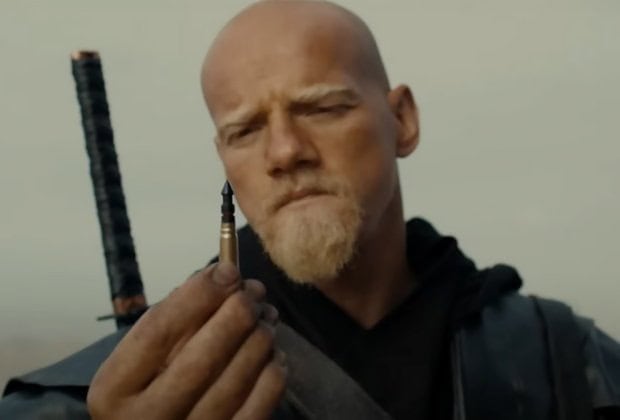
The same problem concerns acting performances: only Danya Vorobyev gives a truly memorable performance in the film: he embodied in Ronin the image of a sarcastic and self-centered ruler of the scorched world, wearing an improvised crown of bullets and speaking exclusively in French (which is remarkable, knowing Russian at the same time). What’s more frustrating is that both Kolokolnikov and Yenakaeva (either the girl is simply unlucky with roles, or she urgently needs to pump up her acting data) look aloof in the film: every dialog they have is a reinterpretation of old-fashioned quotations in a modern way, and facial expressions (which, it seems, were not there at all) are reduced only to furrowed eyebrows and a serious look
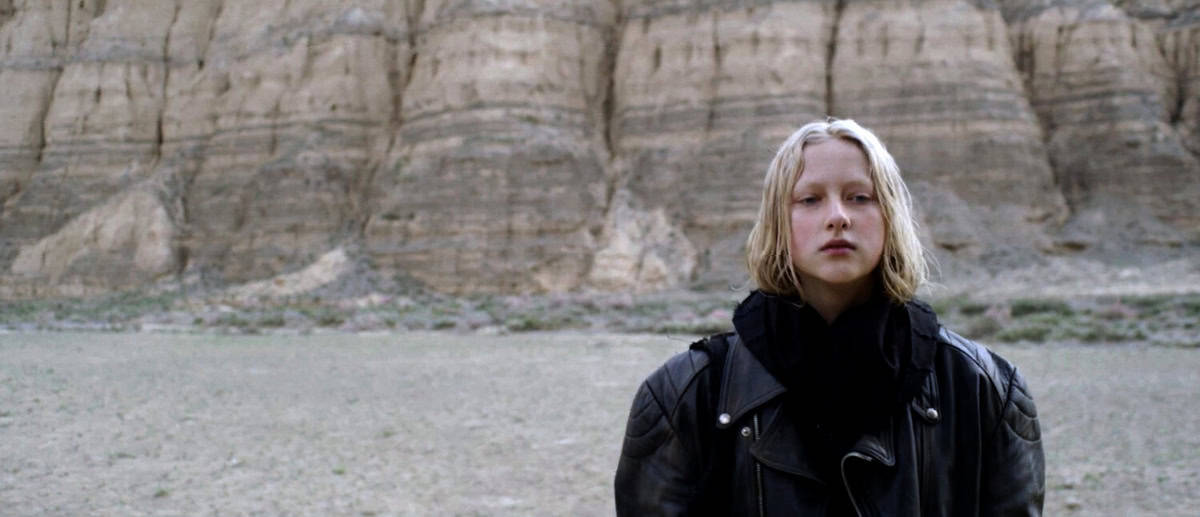
It seems that not even Max Shishkin himself, who openly calls the film an out-of-control prank from the stage, takes The Last Ronin seriously. This is a whole pop-cultural treasure trove for the most observant cinephiles, replete with rich techniques, beautiful visual delights, entertaining fight choreography and really great action inserts. However, in the pursuit of dream fulfillment, the director forgot about the most important thing for any debut: script development and his own characters. Every filmmaker has a comfort zone, crazy or serious: we sincerely hope that after Ronin, Max will find his own, no longer entering the cinematic steppe that beckons him with uncharted territory and risk. The Last Ronin is indeed a precedent for the domestic cinematography, a bold genre experiment, mingling with an unimaginable number of pass-hacks and ommages to the most iconic film works of the past generation: but behind the screen of such a graceful form hides a meager content, capable of turning away a whole mass of viewers. However, to familiarize yourself with such an iconic picture is certainly worth it: especially on the threshold of the New Year holidays, when the Russian distribution will be flooded with the same-type fairy tales and conveyor comedies

Wir im Telegram: https://t.me/kinobombs

